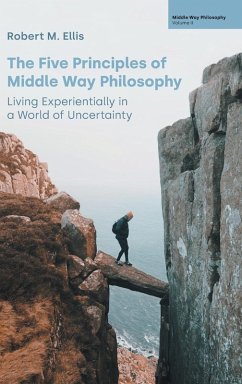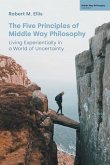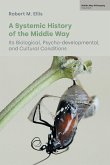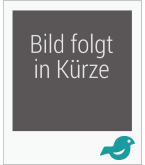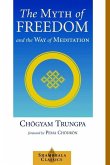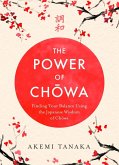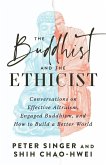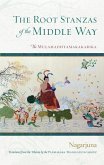This second book in the 'Middle Way Philosophy' series develops five general principles that are distinctive to the universal Middle Way as a practical response to absolutization. These begin with the consistent acknowledgement of human uncertainty (scepticism), and follow through with openness to alternative possibilities (provisionality), the importance of judging things as a matter of degree (incrementality), the clear rejection of polarized absolute claims (agnosticism), and the cultivation of cognitive and emotional states that will help us resolve conflict (integration). These are discussed not only in theory, but with links to the range of established human practices that can help us to follow them. Like all of Robert M. Ellis's work, this book is highly interdisciplinary, drawing on philosophical argument, psychological models, and values that prioritize practical application.
Bitte wählen Sie Ihr Anliegen aus.
Rechnungen
Retourenschein anfordern
Bestellstatus
Storno

